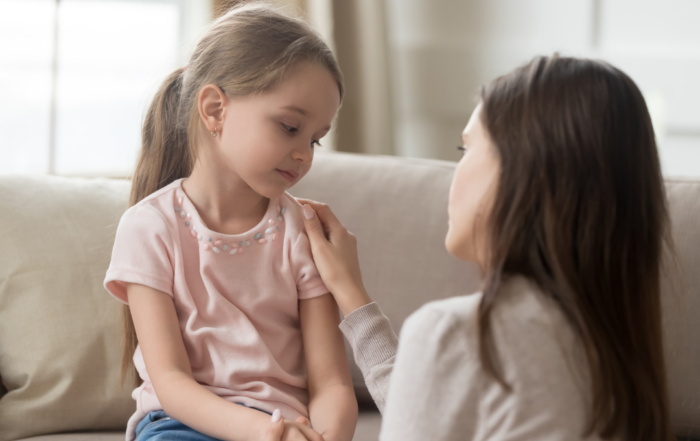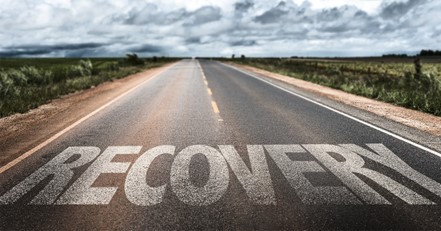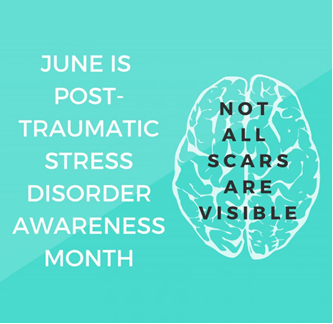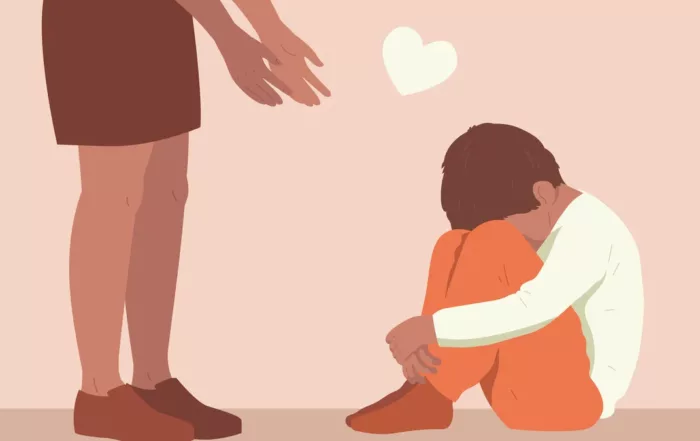
By The National Child Traumatic Stress Network
Data from the most recent National Survey of Adolescents and other studies indicate
that one in four children and adolescents in the United States experiences at least one
potentially traumatic event before the age of 162, and more than 13% of 17-year-olds—one
in eight—have experienced posttraumatic stress disorder (PTSD) at some point in their
lives.
Most, if not all, of these young people also have access to a wide range of psychoactive
substances that can both dull the effects of stress and place teens at increased risk
of experiencing trauma. It is estimated that 29% of adolescents–nearly one in three–have
experimented with illegal drugs by the time they complete 8th grade, and 41% have
consumed alcohol.4 For many adolescents, such early experimentation eventually progresses
to abuse of—or dependence on—illicit drugs or alcohol. Every year, approximately one in five
American adolescents between the ages of 12 and 17 engages in abusive/dependent or
problematic use of illicit drugs or alcohol.
Share This Post!
Post-Traumatic Growth
Psychology Today Post-Traumatic Growth is the positive psychological change that some individuals experience after a life crisis or traumatic event. Post-traumatic growth doesn’t deny deep distress, but rather posits that adversity can [...]
Talking to Children About War
Provided by the National Child Traumatic Stress Network The recent tragic events in Israel has impacted many directly who have experienced a personal loss or by witnessing this type of violence [...]
Key Ingredients for Successful Trauma-Informed Care Implementation
By Christopher Menschner and Alexandra Maul, Center for Health Care Strategies Because of the potentially long-lasting negative impact of trauma on physical and mental health, ways to address patients’ history of [...]
What is post-traumatic stress disorder (PTSD)?
By The National Institute of Mental Health Post-traumatic stress disorder (PTSD) is a disorder that develops in some people who have experienced a shocking, scary, or dangerous event. It is natural [...]
InBrief: Early Childhood Mental Health
Published by The Center on the Developing Child, Harvard University The science of child development shows that the foundation for sound mental health is built early in life, as early experiences—which [...]
At the Intersection of Autism and Trauma
By Lauren Gravitz Having autism can sometimes mean enduring a litany of traumatic events, starting from a young age. “We know that about 70 percent of kids with autism will have [...]







